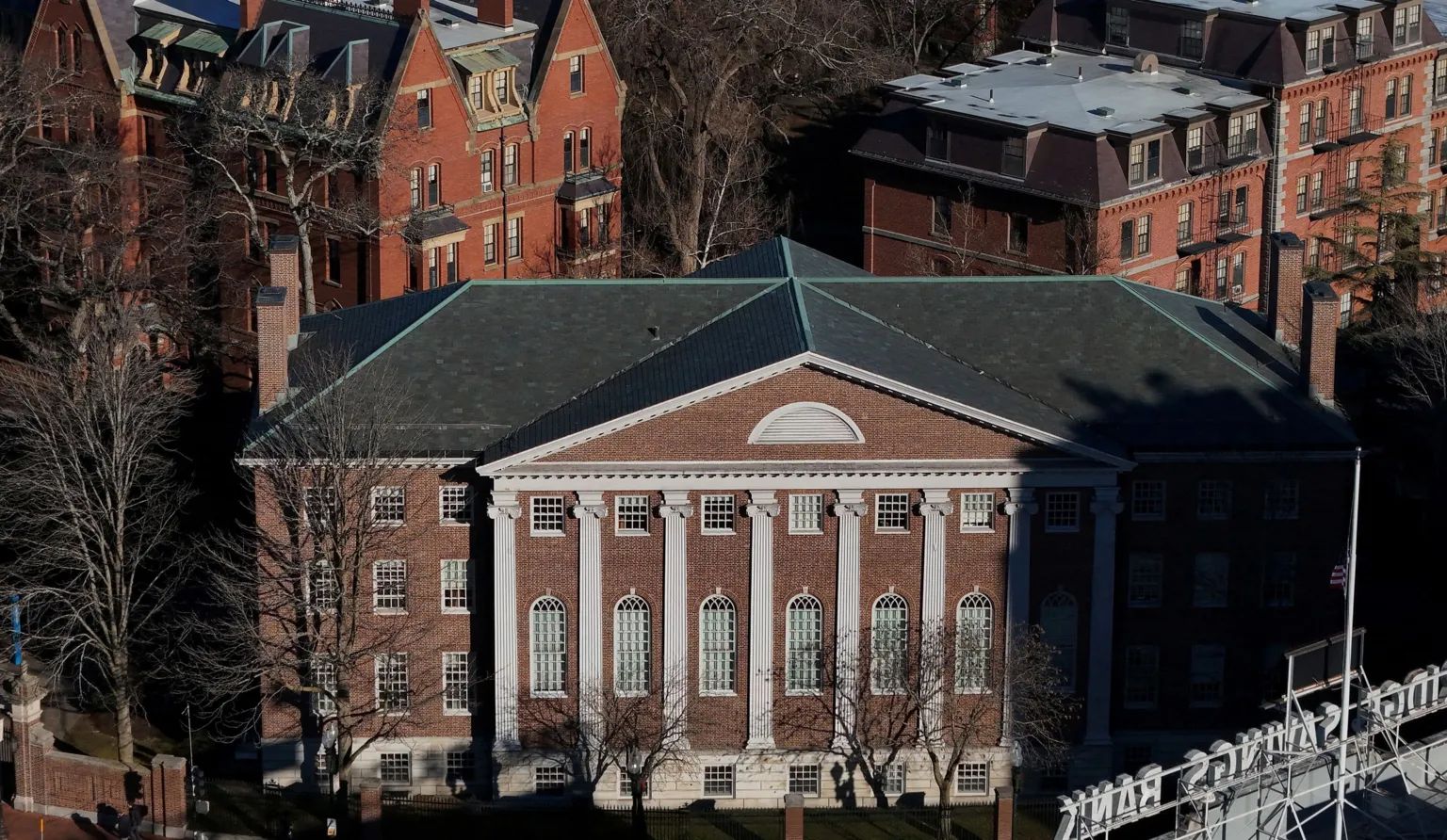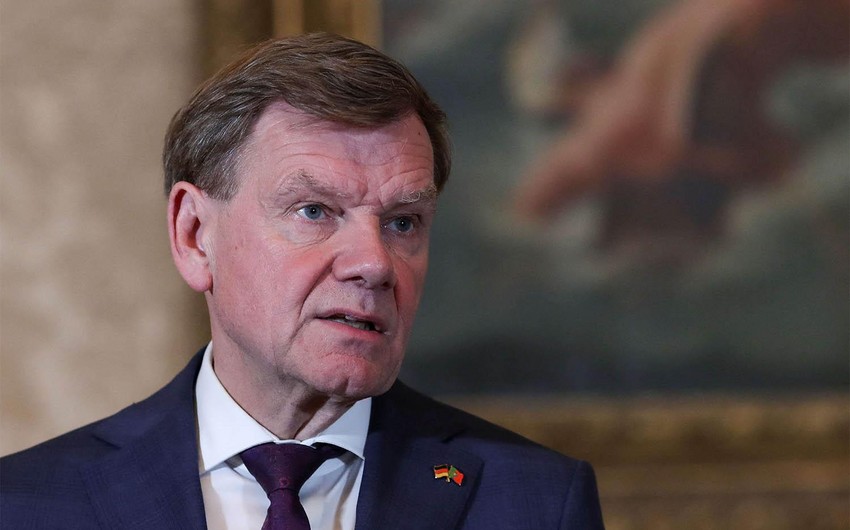Harvard University has taken a bold and public stand against the demands of U.S. President Donald Trump’s administration, declaring it will not yield to federal pressure—regardless of the threat to billions in federal funding. In a statement published on the university’s website, Harvard’s interim president, Alan Garber, made it clear that academic independence is non-negotiable. “No government—regardless of which party is in power—should dictate what private universities can teach,” he wrote, emphasizing the institution’s commitment to upholding the principles of free inquiry and institutional autonomy.
The standoff escalated shortly after Harvard refused to comply with a sweeping set of directives from the White House. These demands reportedly sought to influence the university’s governance structures, hiring practices, and even academic content. In response to Harvard’s refusal, the Trump administration moved to freeze $2.2 billion in federal funding earmarked for the university—a dramatic move that has sent shockwaves across the higher education sector.
Despite the financial risk, Harvard’s stance has been widely applauded. Students, alumni, and faculty members have voiced strong support for the administration’s decision to resist political interference. Among those speaking out was former President Barack Obama, a Harvard Law School graduate, who described Trump’s move as “ham-handed” and praised Harvard as “an example for other higher-ed institutions” facing similar pressure.
However, the conflict between Harvard and the federal government appears to be part of a much broader campaign. The Trump administration’s antisemitism task force has launched investigations into at least 60 universities across the country. At the center of these investigations are the pro-Palestinian protests that erupted on campuses nationwide last year. The administration claims that these demonstrations contributed to a hostile environment for Jewish students, prompting a wave of federal scrutiny.
Some institutions, like Columbia University, have already yielded. In the wake of government threats and the withdrawal of $400 million in funding, Columbia agreed to a significant portion of the administration’s demands. Harvard, while taking some steps to address concerns—such as engaging with the federal antisemitism task force, replacing leadership at its Center for Middle Eastern Studies, and suspending its Religion, Conflict, and Peace Initiative—has ultimately drawn a line in the sand.
Earlier this year, the university also settled two lawsuits brought by Jewish students alleging antisemitic discrimination. While Harvard denied any wrongdoing, it stated that the settlements reflect its ongoing commitment to supporting Jewish students and fostering an inclusive environment on campus.
For many student activists, Harvard’s refusal to fully comply with the administration’s directives marks a long-overdue shift. Sa’maia Evans, a student and member of the African and African American Resistance Organization at Harvard, described the university’s stand as a response to mounting pressure from within the campus community. “Harvard will only do that of which it is held accountable to,” she told the BBC, pointing to the recent wave of student protests and widespread backlash to Columbia’s capitulation as key factors that influenced the university’s leadership.
As the battle between the federal government and America’s top universities continues to unfold, many see this moment as a turning point—a high-stakes struggle over academic freedom, government overreach, and the future of higher education in the United States. Whether Harvard’s defiance sparks a broader resistance or leads to even greater pressure from Washington remains to be seen.
Madina Mammadova\\EDnews










